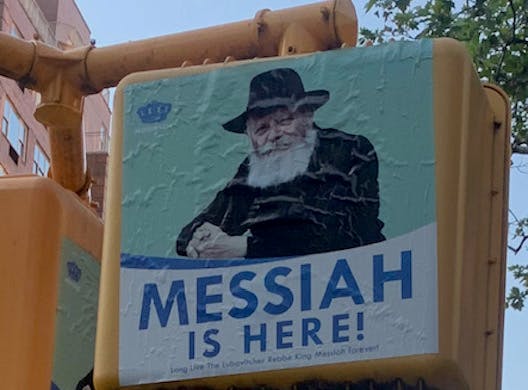
A Tale of Two Harvards
By THE NEW YORK SUN
|Some are disturbed by the clause’s lack of consideration, which seems incongruous with an era that will, presumably, be characterized by global peace and Jewish unity.

Already have a subscription? Sign in to continue reading
$0.01/day for 60 days
Cancel anytime
By continuing you agree to our Privacy Policy and Terms of Service.

By THE NEW YORK SUN
|
By BENNY AVNI
|
By GEORGE WILLIS
|
By THE NEW YORK SUN
|
By LUKE FUNK
|
By JOSEPH CURL
|
By NOVI ZHUKOVSKY
|
By A.R. HOFFMAN
|